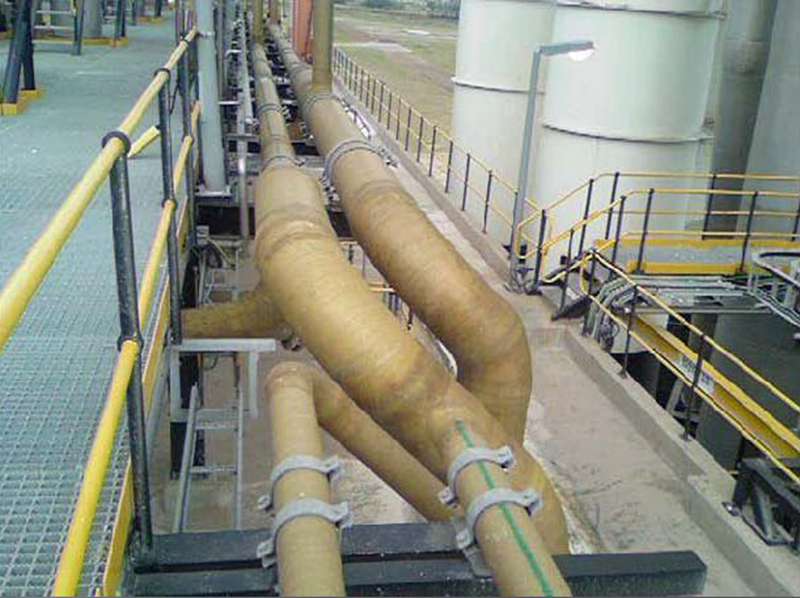
-
 Afrikaans
Afrikaans -
 Albanian
Albanian -
 Amharic
Amharic -
 Arabic
Arabic -
 Armenian
Armenian -
 Azerbaijani
Azerbaijani -
 Basque
Basque -
 Belarusian
Belarusian -
 Bengali
Bengali -
 Bosnian
Bosnian -
 Bulgarian
Bulgarian -
 Catalan
Catalan -
 Cebuano
Cebuano -
 China
China -
 China (Taiwan)
China (Taiwan) -
 Corsican
Corsican -
 Croatian
Croatian -
 Czech
Czech -
 Danish
Danish -
 Dutch
Dutch -
 English
English -
 Esperanto
Esperanto -
 Estonian
Estonian -
 Finnish
Finnish -
 French
French -
 Frisian
Frisian -
 Galician
Galician -
 Georgian
Georgian -
 German
German -
 Greek
Greek -
 Gujarati
Gujarati -
 Haitian Creole
Haitian Creole -
 hausa
hausa -
 hawaiian
hawaiian -
 Hebrew
Hebrew -
 Hindi
Hindi -
 Miao
Miao -
 Hungarian
Hungarian -
 Icelandic
Icelandic -
 igbo
igbo -
 Indonesian
Indonesian -
 irish
irish -
 Italian
Italian -
 Japanese
Japanese -
 Javanese
Javanese -
 Kannada
Kannada -
 kazakh
kazakh -
 Khmer
Khmer -
 Rwandese
Rwandese -
 Korean
Korean -
 Kurdish
Kurdish -
 Kyrgyz
Kyrgyz -
 Lao
Lao -
 Latin
Latin -
 Latvian
Latvian -
 Lithuanian
Lithuanian -
 Luxembourgish
Luxembourgish -
 Macedonian
Macedonian -
 Malgashi
Malgashi -
 Malay
Malay -
 Malayalam
Malayalam -
 Maltese
Maltese -
 Maori
Maori -
 Marathi
Marathi -
 Mongolian
Mongolian -
 Myanmar
Myanmar -
 Nepali
Nepali -
 Norwegian
Norwegian -
 Norwegian
Norwegian -
 Occitan
Occitan -
 Pashto
Pashto -
 Persian
Persian -
 Polish
Polish -
 Portuguese
Portuguese -
 Punjabi
Punjabi -
 Romanian
Romanian -
 Russian
Russian -
 Samoan
Samoan -
 Scottish Gaelic
Scottish Gaelic -
 Serbian
Serbian -
 Sesotho
Sesotho -
 Shona
Shona -
 Sindhi
Sindhi -
 Sinhala
Sinhala -
 Slovak
Slovak -
 Slovenian
Slovenian -
 Somali
Somali -
 Spanish
Spanish -
 Sundanese
Sundanese -
 Swahili
Swahili -
 Swedish
Swedish -
 Tagalog
Tagalog -
 Tajik
Tajik -
 Tamil
Tamil -
 Tatar
Tatar -
 Telugu
Telugu -
 Thai
Thai -
 Turkish
Turkish -
 Turkmen
Turkmen -
 Ukrainian
Ukrainian -
 Urdu
Urdu -
 Uighur
Uighur -
 Uzbek
Uzbek -
 Vietnamese
Vietnamese -
 Welsh
Welsh -
 Bantu
Bantu -
 Yiddish
Yiddish -
 Yoruba
Yoruba -
 Zulu
Zulu
grp pipe
Understanding GRP Pipes A Comprehensive Overview
Glass Reinforced Plastic (GRP) pipes, commonly referred to as fiberglass pipes, have been gaining significant attention in various industries due to their unique properties and advantages. This article aims to provide an in-depth understanding of GRP pipes, their applications, benefits, and the future outlook for their use in different sectors.
What are GRP Pipes?
GRP pipes are made from a composite material that combines glass fibers with a thermosetting resin, typically epoxy or polyester. The manufacturing process involves the layering of glass fibers and resin, which creates a strong, lightweight, and corrosion-resistant product. The result is a piping system with enhanced mechanical strength and durability compared to traditional materials such as metal or PVC.
Key Properties of GRP Pipes
1. Corrosion Resistance One of the most significant advantages of GRP pipes is their resistance to corrosion. Unlike metal pipes that can rust over time, GRP pipes are impervious to many chemicals and environmental factors, making them ideal for use in corrosive environments, such as wastewater treatment and chemical processing facilities.
2. Lightweight GRP pipes are considerably lighter than their metal counterparts. This characteristic simplifies handling, transportation, and installation, reducing labor costs and improving safety on job sites.
3. High Strength-to-Weight Ratio Despite their lightweight nature, GRP pipes boast a high strength-to-weight ratio. This allows them to withstand significant stress and pressure, which is crucial in applications such as water transportation and industrial processes.
4. Thermal Insulation The materials used in GRP pipes provide excellent thermal insulation, making them suitable for transporting hot fluids without significant heat loss.
5. Longevity With a lifespan often exceeding 50 years, GRP pipes are a cost-effective solution in the long term. Their durability and low maintenance requirements contribute to a reduced need for replacements and repairs.
Applications of GRP Pipes
grp pipe

The versatile nature of GRP pipes allows for a wide range of applications across different sectors
1. Water Distribution GRP pipes are widely used in potable water distribution systems, where their corrosion resistance and durability ensure safe and reliable water delivery.
2. Wastewater Management The resilience of GRP makes it an excellent choice for sewer systems and wastewater treatment plants where pipe integrity is crucial.
3. Industrial Applications GRP pipes are utilized in various industrial processes, including chemical processing, oil and gas industries, and power generation, where they transport corrosive substances and withstand high pressures.
4. Irrigation Systems In agriculture, GRP pipes are employed for irrigation systems because they can handle the varying pressures associated with water distribution.
5. Marine Applications The marine industry uses GRP pipes for their ability to resist saline environments, where traditional materials may degrade quickly.
Future Outlook
The demand for GRP pipes is expected to rise in the coming years, driven by increasing awareness of the benefits they offer and the need for sustainable solutions. As industries seek to reduce their environmental impact, GRP pipes emerge as a more eco-friendly alternative compared to traditional materials. Furthermore, advancements in manufacturing technologies and materials science may lead to even stronger and more efficient GRP products.
The construction of smarter infrastructure also supports the growth of GRP pipes, as cities aim to modernize their water supply and sewage systems. Government initiatives promoting the adoption of corrosion-resistant materials in public utilities are likely to further accelerate market growth.
Conclusion
In summary, GRP pipes represent a remarkable advancement in piping technology, offering numerous benefits such as corrosion resistance, lightweight design, and long-term durability. Their applications span a wide array of industries, from water distribution to marine environments. As demand for sustainable and efficient piping solutions continues to grow, GRP pipes are poised to play an increasingly important role in the future of infrastructure and industrial applications.









